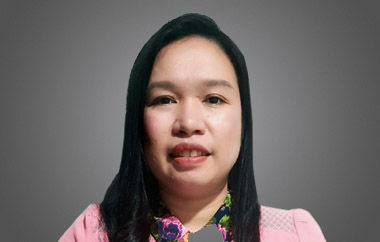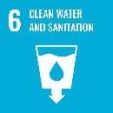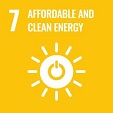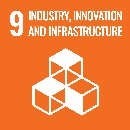PhD in Energy Science and Technology
Current position: Director at Center of Green Nanotechnology Innovations for Environmental Solutions, University of Mindanao, Philippines
Research focus: nanotechnology for environmental solutions
Chosel’s first research project is funded by the Philippine Government Agency (Department of Science and Technology) and focuses on upcycling waste. Her idea is to convert the waste into nanoparticles that can be incorporated into smart concrete for structural applications. With this approach, Chosel aims to help reach UN Sustainable Development Goal 9 (Industry, Innovation, and Infrastructure) and to build resilient infrastructures. Especially in Mindanao (Philippines), where earthquakes are constantly recurring, Chosel sees a great need for this.
In Chosel’s second research project, nanomaterials from agricultural and plastic waste are integrated into a nanogenerator. If successfully developed, the nanogenerator can be a cheaper alternative to solar panels to generate renewable energy and be used in hard-to-reach communities. This project is aligned with UN Sustainable Development Goal 7 (Affordable and Clean Energy), which will eventually help renewable energy reach communities in Mindanao that do not have electricity.
Chosel is also conducting basic research in collaboration with the College of Engineering and College of Arts and Sciences to study the impact of landfill leachate on nearby rivers in Davao City. Davao's landfill is currently operating beyond its intended life and capacity as it has not been replaced. Hence, there is a need to remotely assess and regularly monitor the condition of the rivers and biodiversity in the surrounding area. It will eventually determine whether the state of the landfill has already contaminated the drinking water source, which is detrimental to the community and the environment. The primary objective is to assess whether treatment or preventative measures are needed. The project is aligned with UN Sustainable Development Goal 6 (Clean Water and Sanitation). It will help ensure that the people of Davao City and the biodiversity in the vicinity of the landfill are not adversely affected and have access to a safe drinking water source.
The jury valued the fact that Chosel directly addresses community needs while pursuing significant scientific innovation and knowledge transfer in the field of nanotechnology for environmental solutions. In addition, her enthusiastic commitment to interdisciplinary collaborative research stood out.
The research of Chosel mainly contributes to the Sustainable Development Goals 6, 7, 9:
Take a look at this video that briefly introduces Chosel and her research:









